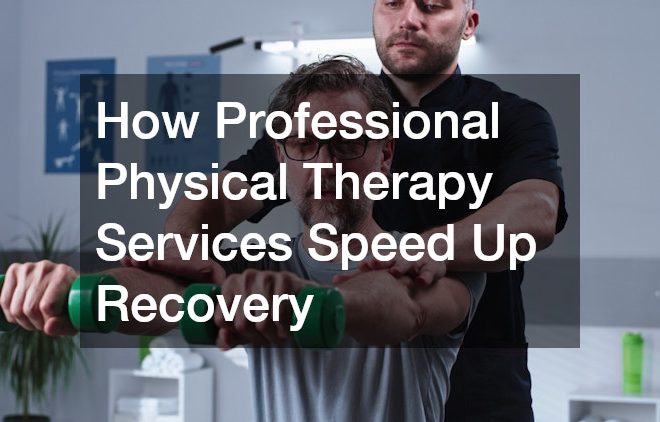
What Does it Take to Become a Heart Surgeon?

 Cardiac surgery is a specialization within the surgical field that focuses on heart conditions. A heart surgeon performs a variety of heart services to repair damages or improve heart function. With someone suffering a heart attack in the United States every 34 seconds, cardiac surgeons are immensely important. Only the best and the brightest can become heart surgeons, and this article is going to provide a brief overview of what kind of education and training a heart surgeon goes through.
Cardiac surgery is a specialization within the surgical field that focuses on heart conditions. A heart surgeon performs a variety of heart services to repair damages or improve heart function. With someone suffering a heart attack in the United States every 34 seconds, cardiac surgeons are immensely important. Only the best and the brightest can become heart surgeons, and this article is going to provide a brief overview of what kind of education and training a heart surgeon goes through.
The education and training process to become a heart surgeon is one of the longest educational processes within the medical field. First, potential surgeons must complete a four-year bachelor’s degree. This is then followed by having to take and pass the Medical College Admissions Test (MCAT). This examination tests the student’s knowledge of science, critical thinking, and problem-solving. After the MCAT is passed, the student can then apply to medical schools. During their time at this four-year school, medical students learn the basics of diagnosing and treating conditions as well as working through a variety of specialties, like heart services.
After medical school, the United States Medical Licensing Examination must be taken and passed. This test is a crucial part of becoming a heart doctor in the United States. Once licensed, a future cardiovascular surgeon will go through a four or five-year residency program. This residency allows doctors to shadow other physicians and gain a better understanding of the medical world.
After a residency, a future heart surgeon will then attend yet another educational program, a fellowship, to focus more specifically on cardiovascular surgery. And finally, after up to 12 years of education and practice, the doctor needs to pass the American Board of Medical Specialties certification exam to officially become a certified cardiovascular surgeon. Only the elite will make it to this level.
During all of their education, training, and working, a heart surgeon will learn and fine-tune necessary knowledge and skills they need for their job. All cardiac surgeons should understand anatomy, biochemistry, pharmacology, pathology, as well as medical ethics. Of course, a heart surgeon should have extensive knowledge of the heart and related blood vessels.
A cardiac surgeon will be trained in heart services like identifying heart or blood vessel damage and irregularities. After any damage or irregularities are identified, the surgeon should be able to create a treatment plan for their patients. A well-trained surgeon should be able to thoroughly go over the treatment plan with the patient and address any questions or concerns the patient has. Once the surgeon has determined the best treatment method, they will perform surgery to repair the condition and damage.
While cardiac surgeons go through considerable training and education to become the best at their job, a big part of their job is to ensure their patients are getting the best care possible. If you are in need of heart services, it’s important to find a cardiovascular center that can offer you care that not only focuses on your heart condition but your overall well-being as well.

